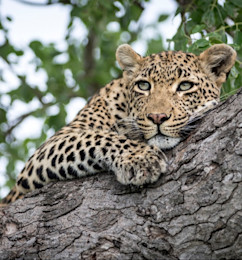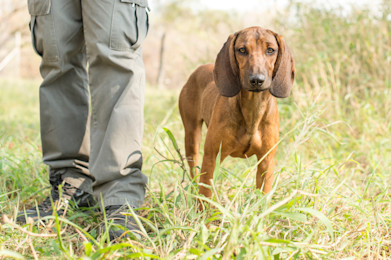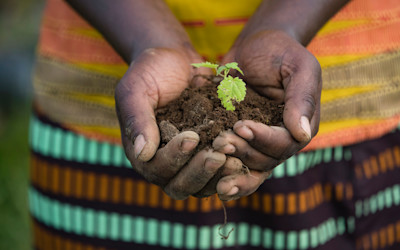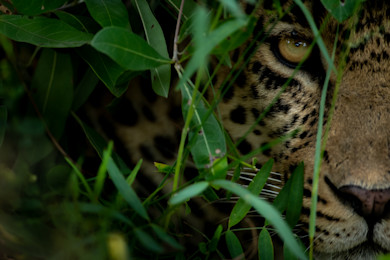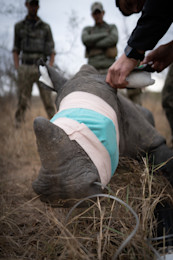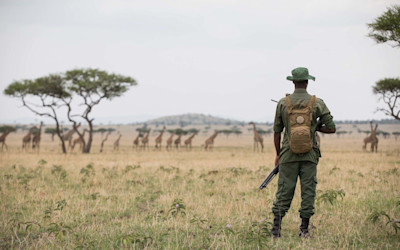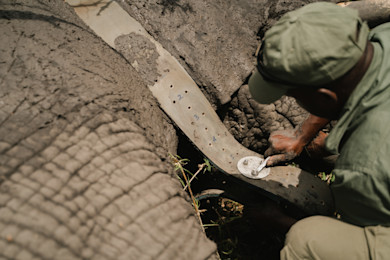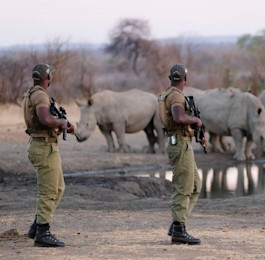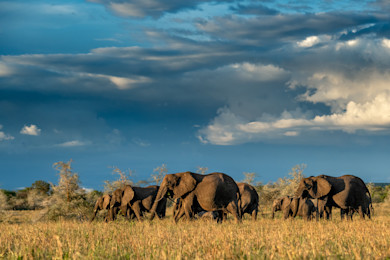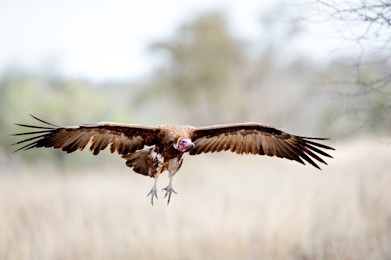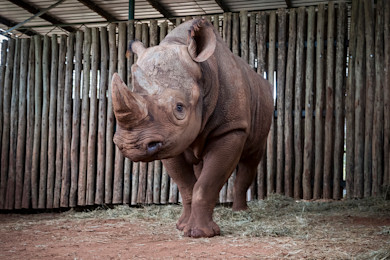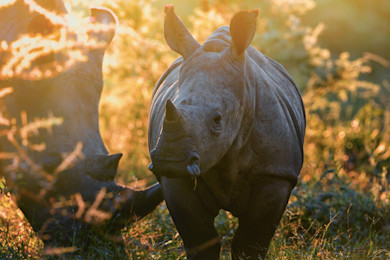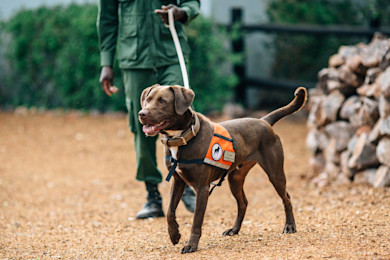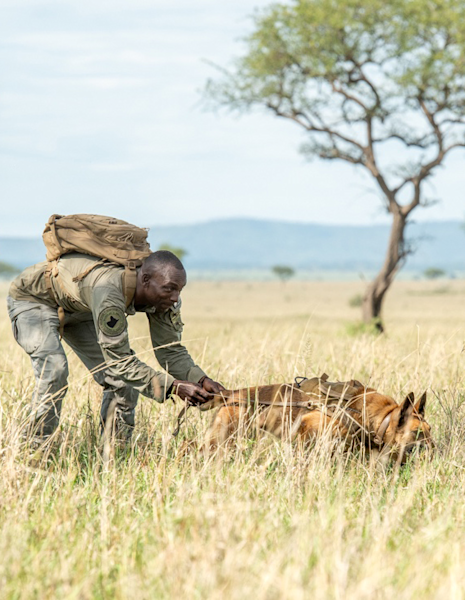
Wildlife Reintroduction
All our conservation work, including this project, is born of our love for Africa and our need to protect it. Become a part of preserving Africa’s legacy for future generations.
The Grumeti Fund has been instrumental in funding, translocating and reintroducing a number of endangered and locally extinct wildlife species to both Grumeti and the wider Serengeti ecosystem.
The Grumeti Black Rhino project is set to be a flagship conservation initiative in the region, in a move to accelerate the breeding and expansion program and to make a meaningful contribution to rhino conservation in the Serengeti.
Nine critically endangered black rhino were relocated from South Africa to Singita Grumeti on 10 September 2019. This groundbreaking relocation was conducted by the non-profit Grumeti Fund, in partnership with the Tanzanian Wildlife Management Authority (TAWA) and is the largest movement of rhino into Tanzania, increasing the national population by almost 10%. The nine rhinos join two eastern black rhinos previously relocated to Singita Grumeti in an ambitious effort to save the species from extinction.
The nine animals, who were carefully selected by age and genetic composition, will be of extreme value to the gene pool of the existing Serengeti rhino population. Fuelled by a lucrative illegal trade in wildlife products, East Africa experienced a poaching crisis over forty years ago, decimating rhino numbers by 99%. From approximately 10,000 animals in 1970, it is estimated that only 100 eastern black rhino roam Tanzania today. The relocation and protection of a new population are therefore critical to the future survival of the species.
The Serengeti Wild Dogs Conservation Project aims to ensure long-term conservation of the African wild dog population in the Serengeti ecosystem. In order to achieve this, several of the most severely threatened packs of wild dogs were identified to be relocated to suitable habitats in the western part of the Serengeti National Park, where they wouldn’t be in conflict with humans and could be safely monitored by the Project. Since April 2015, two packs have been released into the Nyasirori area, southeast of Singita Sabora Tented Camp. Due to a very unfortunate viral attack of canine distemper, the one pack has perished. The Grumeti Fund is working toward finding more solutions to contribute to the protection of wild dogs in the area.
Greater Kudu Reintroduction
The latest reintroduction project involves returning the locally extinct Greater Kudu to Grumeti. Having recently received final government approvals, this exciting conservation initiative is expected to be completed in the latter part of 2018, subject to funding.
The latest reintroduction project involves returning the locally extinct Greater Kudu to Grumeti. Having recently received final government approvals, this exciting conservation initiative is expected to be completed in the latter part of 2018, subject to funding.
Key Successes
chevron-right
How does it work?
chevron-right
How can I support this project?
chevron-right

Wildlife Reintroduction
BiodiversityShare:
Conservation Partner
Grumeti Fund
As the custodian of more than 350,000 acres of the world-renowned Serengeti ecosystem in Tanzania, Singita’s partnership with Grumeti Fund has had a profound impact on the Serengeti ecosystem. The non-profit Grumeti Fund carries out wildlife conservation and community development programs in and around the Singita Grumeti Reserve.
Faced with challenges including uncontrolled illegal hunting, rampant wildfires and spreading strands of invasive alien vegetation when they took over the management of the area in 2003, the Fund dedicated itself to transform severely depleted wildlife numbers into thriving populations once more. Restoring this once barren and highly degraded region to a flourishing wilderness, their successes include the remarkable recovery of many species – including buffalo, wildebeest and elephant populations, and in 2019, the Fund carried out the largest single relocation and reintroduction of 9 critically endangered Eastern Black Rhino.
The non-profit Fund is fiscally independent in its conservation and community project operations. Funds are derived in the form of donations from Singita guests, NGOs and philanthropists seeking to make a lasting contribution to the sustainability of conservation work in Africa.
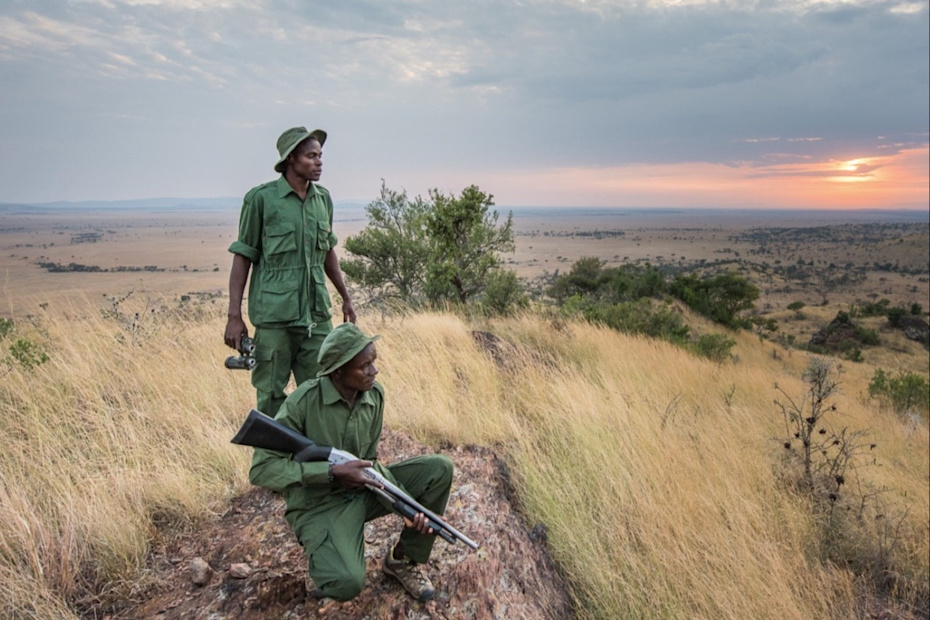
Other Biodiversity Projects
AllTanzaniaSouth AfricaRwandaZimbabwe
AllTanzaniaSouth AfricaRwandaZimbabwe

